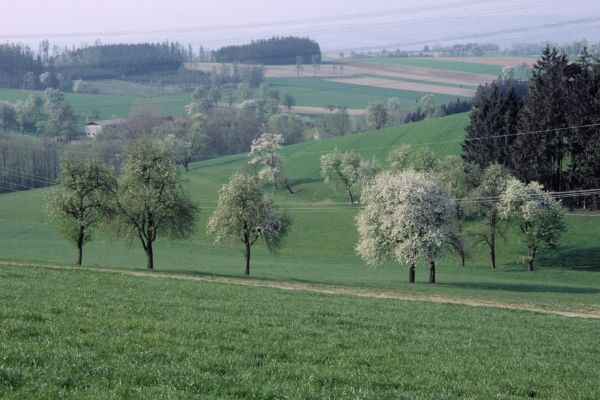Food security in Europe through climate change research

A new, Europe-wide network brings together research teams addressing the impact of climate change on agriculture.
In order to better understand the connections between climate change and food security, a joint network, which includes 67 teams of researchers from 17 countries, is now in place for the first time. The network for risk research on climate change in European agriculture and food security deals with the pooling of current models and adaptation strategies concerning climate change. Austria is represented by the Austrian Institute of Economic Research (WIFO) and the University of Natural Resources and Life Sciences (BOKU). A joint budget of 15 million euros is available for the network. Research activities deal above all with the question of how to best prepare for the impending effects of climate change and how to better exploit synergies in this area.
BMLRT has been FACCE-JPI partner since 2010
Since 2010 the BMLRT has been a partner to the Joint Programming Initiative on Agriculture, Food Security and Climate Change (FACCE-JPI). The new network is an initial programme of this initiative. It is committed to examine the effects of climate change on sustainable agriculture and food production in European partner countries. Furthermore, it is to make a major contribution to strengthening European research teams.
Global population and food demand on the rise
According to FAO estimates (2008) the global population of six billion in 2030 will rise to nine billion in 2050. This also means an increase in the expected demand for food by 50 % for 2030 and by twice as much for 2050. The only way of satisfying this demand, as well as the demand for animal feed, fibre fuels and biofuels, is sustainable food production, which will become more difficult due to climate change.
The effect of global climate change on food production will probably be changes in precipitation periods as well as in the distribution and extent of storms; in addition, extreme weather events will increase. If we fail to satisfy the rising demand through sustainable production methods, crop failures will lead to exorbitant price increases.
Tropical and sub-tropical areas particularly severely affected
In tropical and sub tropical countries, for example in the Sub-Saharan countries, agriculture is extremely unstable and vulnerable to climate change. Any major food crisis in these countries also has a direct or indirect impact on Europe. This is another reason why it is so important to cooperate with these regions while keeping in mind political and social stability. The point is to reconcile food production with alternative energy generation and the production of sustainable raw materials.
Climate is changing biodiversity
By the end of the 21st century many thermophilic plant species will probably shift hundreds of kilometres north and up to 60 % of our alpine species will disappear. The combination of climate change, habitat fragmentation and rapid urbanisation is expected to cause major changes in European biodiversity. Therefore, a sustainable development in the agricultural area, for example in field cultivation, animal production, fish breeding, timber and biomass production, are indispensable for managing the problem of global food supply while at the same time ensuring the maintenance of rural areas and ecosystem functions. Research in the EU is playing a key role in this context.
For more information, please see here.